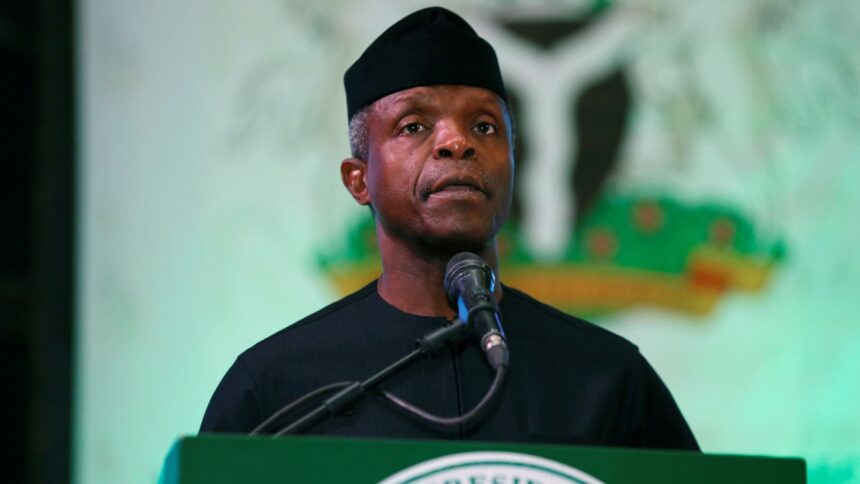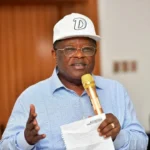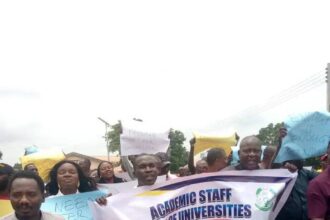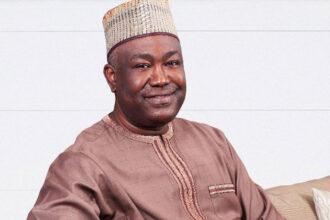
Former Vice President, Prof Yemi Osinbajo, has said the lingering insecurity in Nigeria deserves very urgent attention and practical, solutions that require the government’s effort, humanitarian organizations’, and the international community to bring the situation to the nearest minimum.
Speaking as the Chairman of the 10th House of Justice Summit in Kaduna, on Friday, the former Vice President stated that the country needs a comprehensive approach, including emergency assistance, rehabilitation, and reintegration, as well as finding other durable solutions to victims of insecurity in the country.
Represented by his Chief of Staff, Mr Ade Ipaye, Osinbajo said, “Efforts of government to provide some comfort by way of camps and facilities for internally displaced persons, IDPs, have been inadequate, as the facilities struggle with the growing population, including children and disabled persons who have special needs.”
He observed that since the inception of insurgency and insecurity in 2009, too many Nigerians have been forced to flee their homes, families and communities, saying that many are forced to leave behind properties acquired over a lifetime and enter into a new life of abject poverty and destitution.
According to him, “This traumatic episode is very frequently accompanied by family break-ups, with loved ones lost or separated, rarely to be seen again.”
The humanitarian crisis, he said caused by the Boko Haram insurgency, communal clashes and natural disasters has continued unabated, leading to a significant increase in the number of internally displaced persons, IDPs, in Nigeria, pointing out that the demography is especially disturbing.
According to the Internal Displacement Monitoring Centre, IDMC, he said that there are over 3.4 million IDPs in Nigeria as of the end of 2024 (records of the Nigerian Bureau of Statistics shows just about half that number), with the majority being women and children.
Osinbajo lamented, “Malnutrition and related health problems are rampant. IDPs live in overcrowded and unsanitary conditions, making them vulnerable to diseases. Other problems confronting the IDPs include inadequate access to food, shelter, education and security. The inability of many young children to access schools means that these problems may be carried over to future generations.”
The former Vice President explained that he identifies very closely with the philosophy and objectives of the House of Justice as a multi-door justice organization that deploys law as an instrument for social justice.
“This reflects a major part of the justice sector programme of Lagos State, when I served as the State Attorney General and Commissioner for Justice (1999 to 2007). The Lagos Multi-Door Courthouse and other people-oriented schemes, such as the Office of the Public Defender and the Citizens Mediation Centre, constituted the core of our effort to enhance social justice. Happily, these ideas have since gained nationwide acceptance,” he emphasized.
He added, “As we engage the subject of discussion for today, I have a very special commendation for the leaders and staff of the House of Justice. Ten years ago, in 2015, you began an annual summit to evaluate and find solutions to the biggest justice challenge in Nigeria and Africa, bringing together stakeholders who would critically review the challenge and recommend action plans for governments, parastatals, communities and citizens. Unlike so many of such programmes that have since fallen by the wayside, this annual summit of the House of Justice is waxing stronger, consistently throwing up very useful perspectives and catalyzing positive change, both in our country and beyond.”












